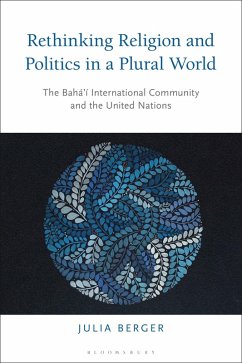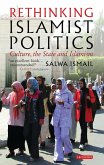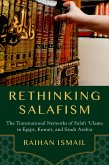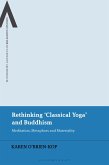In this book, Julia Berger examines internal meaning-making structures and processes driving NGO behavior, identifying constructs from within a religious tradition that forge new ways of pursuing social change. She evaluates the operation of a distinct rationality, arguing that action is guided not simply by beliefs and values, but also by a combination of elements so intrinsic as to constitute an "organizational DNA." These hidden structures and rationalities manifest themselves in new modes of engagement and agency; they help us to see the pivotal role of religion in shaping notions of peace, progress, and modernity.
To demonstrate the operation and salience of such a rationality, Berger draws on the example of the worldwide Baha'i community. Emerging in 19th century Iran, the community's theological engagement with questions of justice, the unity of humankind, and the emerging global order, constitute one of the most distinct and compelling, yet least-researched examples of religious engagement with the pressing questions of our time. Analyzing events spanning a 75-year period from 1945-2020, this book provides a unique historical and contemporary perspective on the evolving role of religion and civil society in the modern world.
To demonstrate the operation and salience of such a rationality, Berger draws on the example of the worldwide Baha'i community. Emerging in 19th century Iran, the community's theological engagement with questions of justice, the unity of humankind, and the emerging global order, constitute one of the most distinct and compelling, yet least-researched examples of religious engagement with the pressing questions of our time. Analyzing events spanning a 75-year period from 1945-2020, this book provides a unique historical and contemporary perspective on the evolving role of religion and civil society in the modern world.









